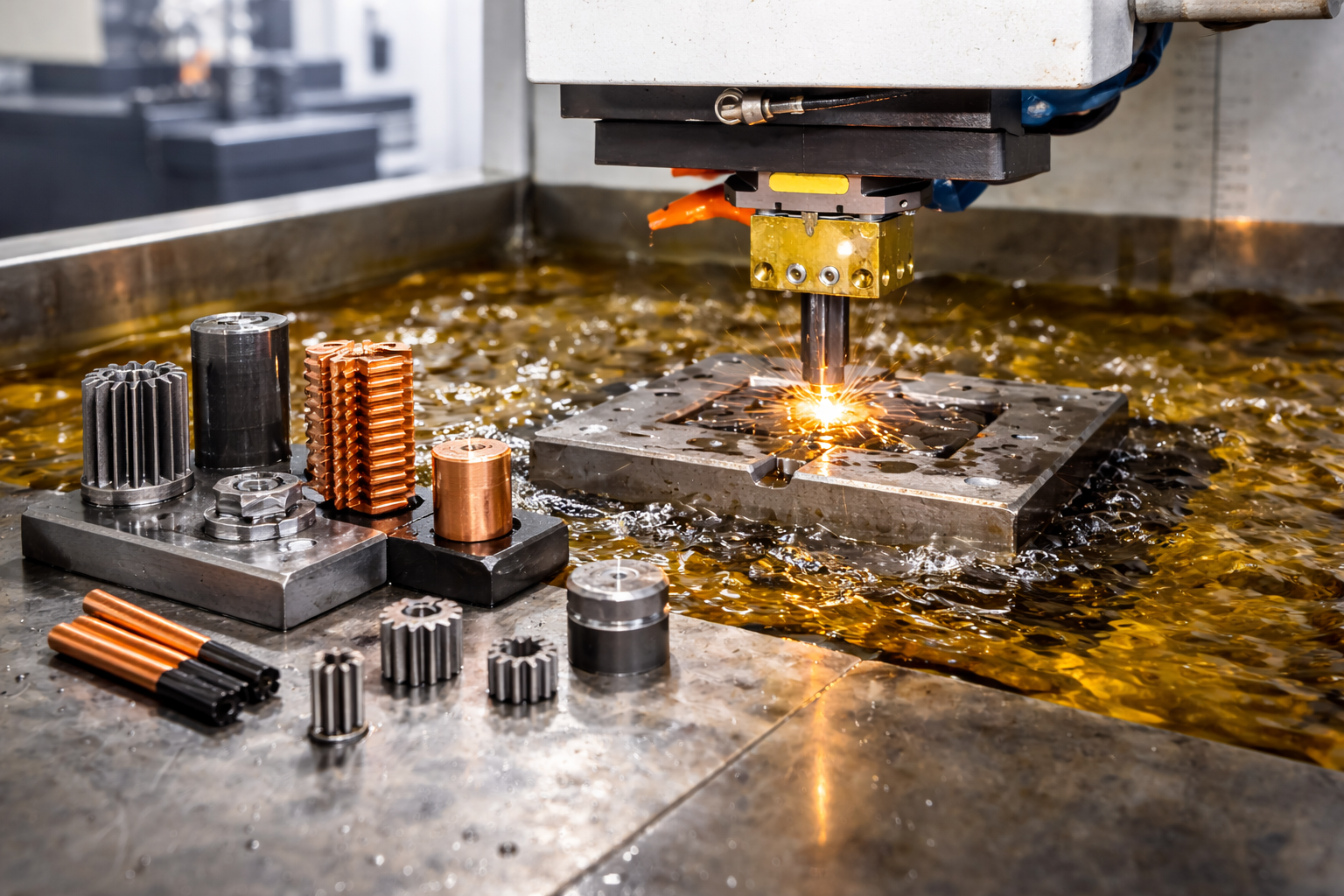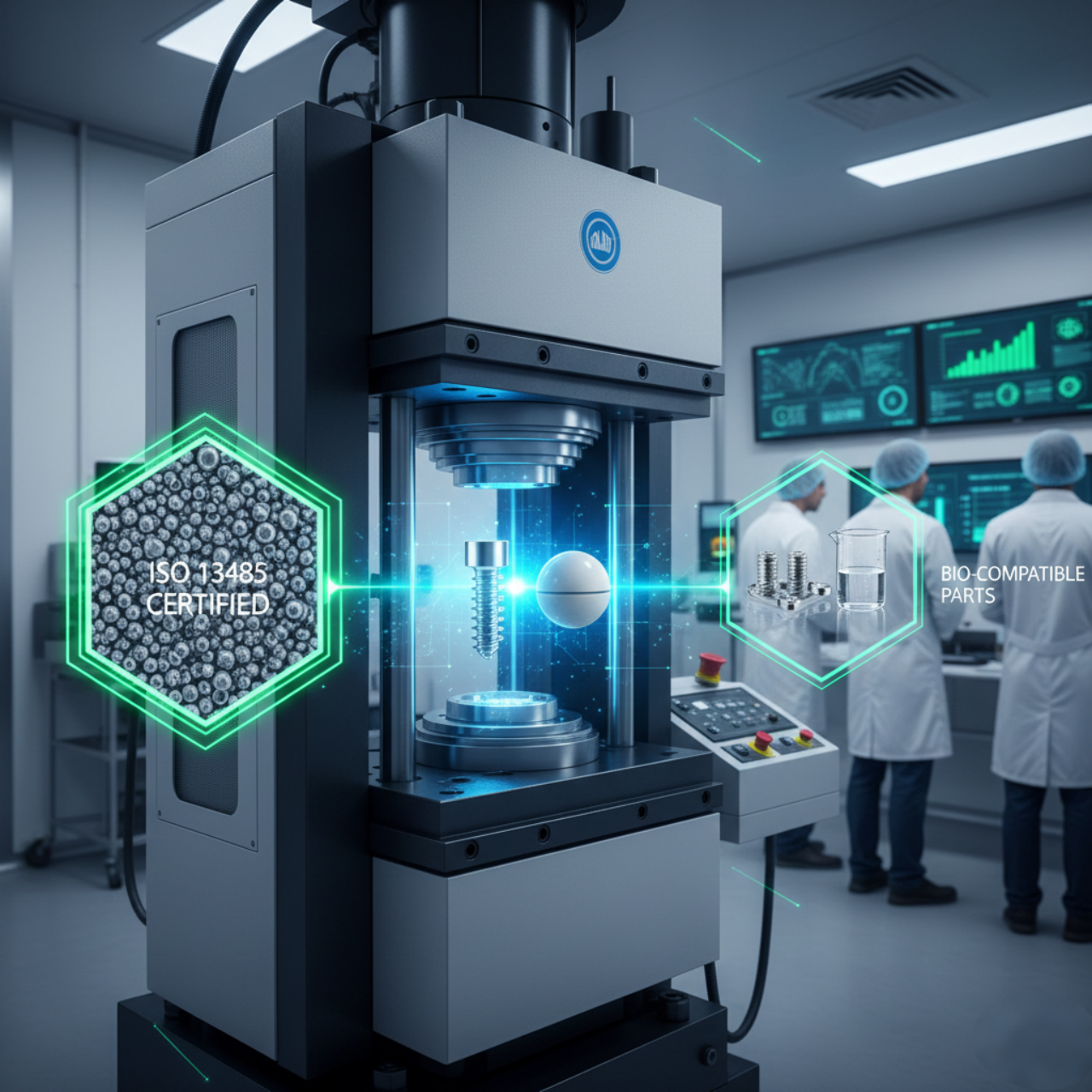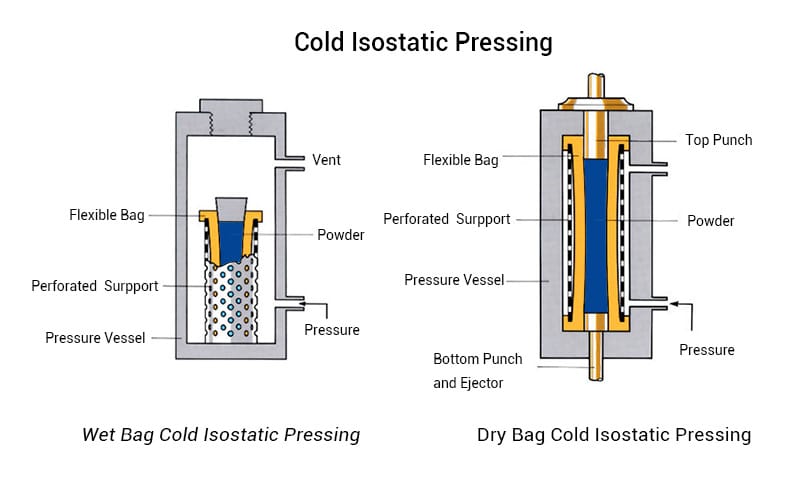Metal materials have always played an important role in the science and technology industry, but now, driven by new materials science and engineering technologies, metal materials are ushering in a new revolution. From sustainable energy to aerospace technology, innovations in metal materials are driving the continuous progress of the science and technology industry.
High-strength metals

A new generation of high-strength metal materials is driving a revolution in the aerospace and transportation fields. These materials not only have excellent corrosion resistance, but also can withstand high temperatures and high pressures under extreme conditions. The structural materials of spacecraft and aircraft are gradually shifting from traditional steel and aluminum alloys to high-strength titanium alloys and nickel-based alloys. This not only makes the aircraft lighter, but also improves its performance and fuel efficiency, driving innovation in the aerospace and transportation fields.
Advanced battery technology

Metal materials also play a key role in battery technology. The development of battery types such as lithium-ion batteries, sodium-ion batteries and manganese hydride batteries all rely on high-performance metal materials. These batteries not only make it possible to store renewable energy, but also promote the rapid development of electric vehicles and renewable energy systems. Research on metal oxides and metal sulfides is accelerating the realization of clean energy.
Metal 3D Printing

Metal 3D printing technology is driving changes in the manufacturing industry. It allows engineers and designers to build parts and components in a completely new way without the traditional cutting and casting process. Metal 3D printing not only improves production efficiency, but also reduces waste generation, thus having a positive impact on sustainable manufacturing. From aviation parts to medical devices, metal 3D printing has become one of the futures of manufacturing.
Semiconductor industry

The semiconductor industry has a very high demand for high-purity metals and other materials. Metal materials play a key role in semiconductor manufacturing and are used to prepare conductive layers, metallization layers, and microelectronic packaging materials. As semiconductor devices continue to shrink, the purity and performance requirements of materials are also increasing. The innovation and application of metal materials are driving the semiconductor industry to pursue smaller, faster, and stronger chip technology.
Recyclable metals

Sustainable development has become one of the themes of the technology industry, and metal materials play an important role in recyclability. Recycling and reusing waste metal materials not only helps reduce resource waste, but also helps reduce environmental pollution. The technology industry is actively exploring methods for sustainable material production and use to reduce pressure on the earth's resources. The combination of metal materials and the technology industry is one of the key factors in scientific and technological progress and sustainable development. High-strength metals, battery technology, 3D printing, semiconductor manufacturing and recyclable metal materials all play a key role in different fields and promote the development of the science and technology industry.
These applications not only demonstrate the broad importance of metal materials in the science and technology industry, but also highlight that with the continuous advancement of materials science and engineering technology, metal materials will continue to support the innovation and sustainable development of the science and technology industry.













Share:
Corrosion Resistance and Wear Resistance of Titanium Alloy
Surface Treatment Process of Powder Metallurgy Parts